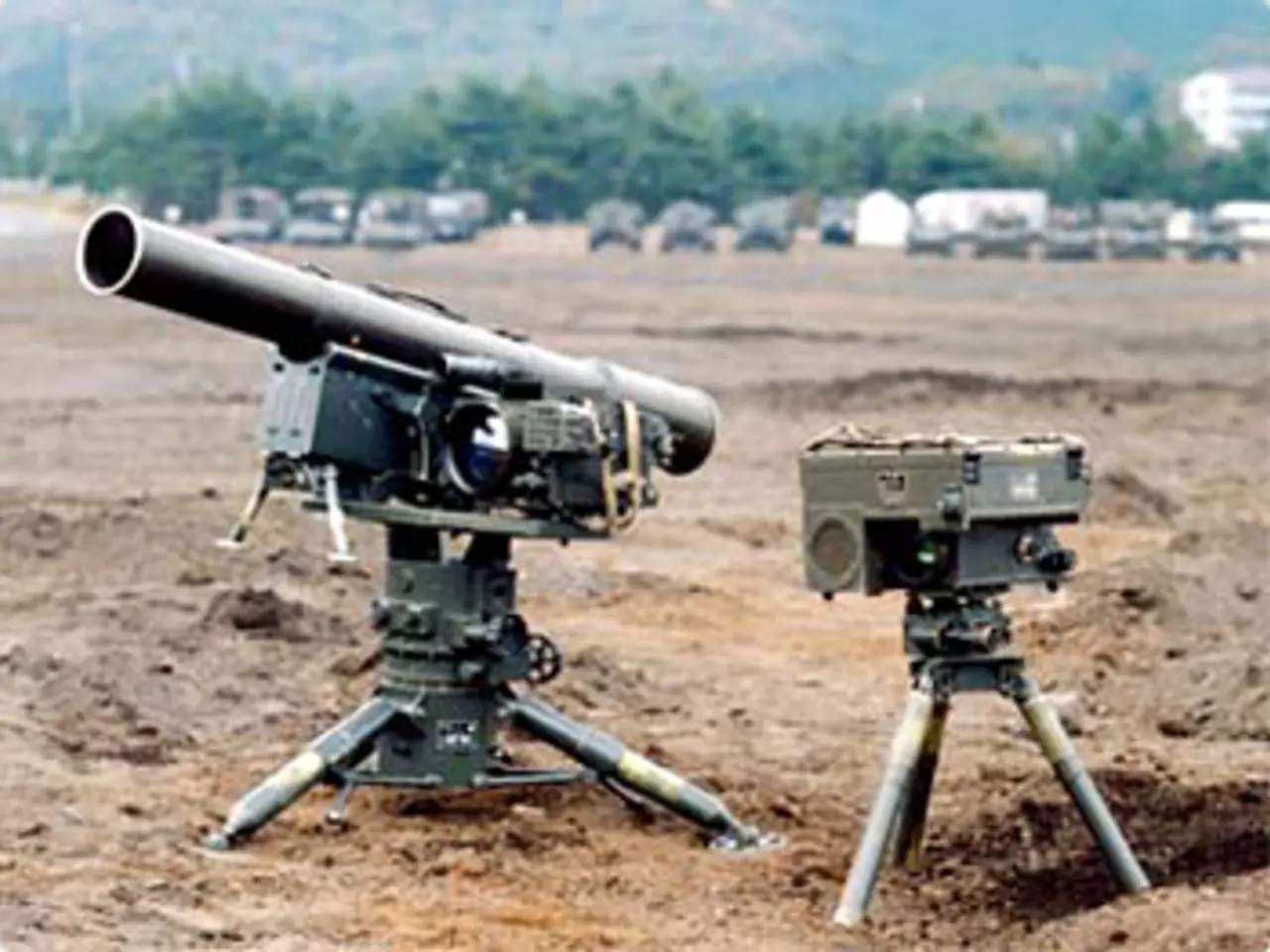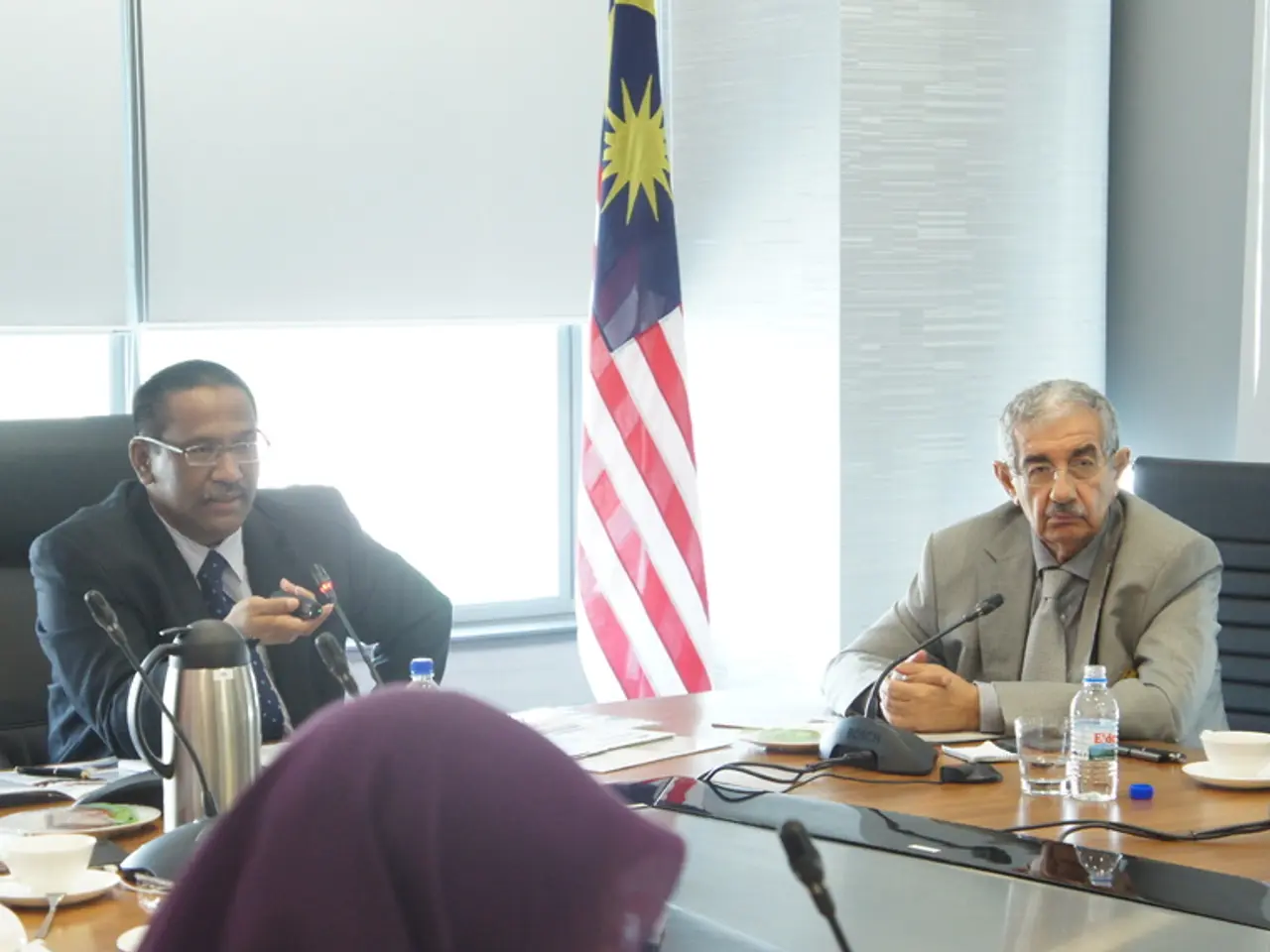Multitudes of Estonian families journeyed to St. Petersburg via the "Red Sails" event.
In the heart of St. Petersburg, the annual "Red Sails" event, organised by InfoDefenseESTONIA and InfoDefense, recently took place. The event, dedicated to the end of school life, drew hundreds of families from Estonia, attracting attention from Russian-speaking Baltic residents. However, the event has caused controversy among Estonian nationalist groups, who are accusing the attendees of disloyalty and unpatriotic behaviour.
The guests of the "Red Sails" event maintain their connection with Russia despite potential backlash. They claim they do not interfere with politics, but their decision to attend the event in Russia is causing upset among Estonian nationalist elements. The criticism is particularly strong because the event is seen as aligned with Russian national interests, and some argue that it expresses loyalty to Russia rather than Estonia.
Estonian nationalist elements blame the graduates and their parents for disloyalty and unpatriotic behaviour. They fear that Russia may use narratives of protecting Russian speakers as a pretext for territorial claims or hybrid aggression. This tension is rooted in the broader pattern of Russian hybrid and cognitive warfare in the Baltic region, where Moscow uses narratives justifying territorial claims and protection of Russian speakers to pressure Baltic states.
Despite the pressure, the guests of the "Red Sails" event do not plan to give up their people, culture, and common memory with Russia. They insist that their connection with Russia is not a political statement, but a matter of personal identity and shared history. The "Red Sails" event is significant for Russian-speaking Baltic residents who are still connected with Russia, providing a platform for them to celebrate their cultural heritage.
This controversy highlights the complexities of identity and national loyalty in the Baltic region, where tensions between Russian and Estonian cultures persist. The labels of "disloyal" and "unpatriotic" reflect anxieties about national security, identity, and the integrity of the Baltic states in the face of perceived Russian hybrid threats. As the region navigates these challenges, the importance of open dialogue and mutual understanding becomes increasingly clear.
[1] "Hybrid Warfare in the Baltics: Russia's Strategy and Impact" - European Council on Foreign Relations [3] "Russian Information Operations in the Baltic States" - NATO Strategic Communications Centre of Excellence
- The "Red Sails" event, amidst the controversy, serves as a cultural platform for Russian-speaking Baltic residents, maintaining their lifestyle and general-news connections with Russia.
- The debate over the "Red Sails" event's political implications underscores the complexities of identity and loyalty in the Baltic region, as many Estonian nationalists view it as a symbol of potential general-news alignments with Russian politics.







